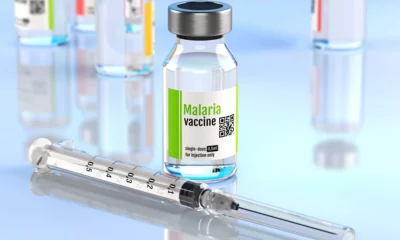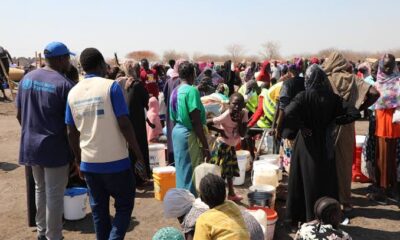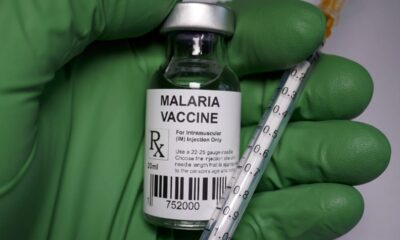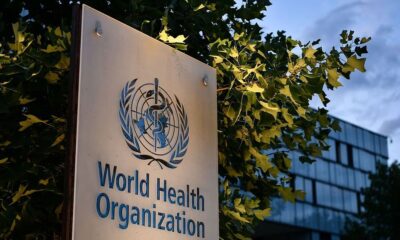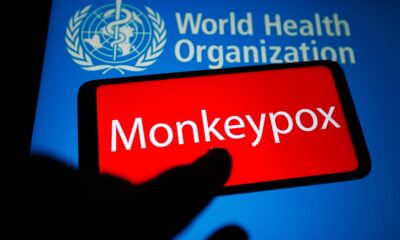A response strategy for the mpox outbreak throughout the continent was unveiled on Friday by the World Health Organisation and the Africa Centre for Disease Control and Prevention (Africa CDC).
The collaborative endeavour seeks to support African nations in their attempts to stop the virus’ spread and save lives by fortifying and expediting their response to it.
Starting this month and lasting until February of the next year, it is expected to cost almost $600 million.
Three weeks after the WHO deemed the new strain of mpox spreading to be a public health emergency of global concern, the plan was announced.
Dr. Jean Kaseya, director-general of the Africa CDC, stated that fifteen additional countries will gain preparedness while the other fourteen countries will receive five5% of the funding.
Through partners, the remaining 45% will be used for operational and technical assistance. The organisation did not say who would provide the funds.
“We have classified countries based on their degree of risk, where there is intense spread as is happening in eastern DRC and other places where there is transmission happening,” said WHO regional director for Africa, Matshidiso Moeti.
“And then right down to countries where we are working very much on building the preparedness and readiness to address in case cases appear, as has happened in Guinea.”
According to Kaseya, the strategy emphasises community involvement, lab testing, and surveillance—emphasizing that immunisations alone will not stop the outbreak from spreading.
The Africa CDC reported that there had been 5,549 confirmed cases of mpox across the continent since the beginning of 2024, along with 643 deaths related to the illness.
This indicates a considerable increase in infections as well as deaths over the preceding year.
Nineteen per cent of the cases are in the Democratic Republic of the Congo. Children under the age of fifteen account for the majority of mpox infections in Burundi, the second most affected country, and Congo.
Mpox is a virus that can be transmitted from person to person through personal contact, as well as from place to person by objects and surfaces touched by a person infected with mpox.


 Sports2 days ago
Sports2 days ago
 Metro2 days ago
Metro2 days ago
 Metro1 day ago
Metro1 day ago
 Culture2 days ago
Culture2 days ago



